Why You Need Garden Loppers in Your Gardening Tool Kit
While the time to prune trees differs across species, most horticulturalists agree you shouldn’t do it in late summer. The cuts won’t have enough time to harden before the harsh winter weather arrives.
But it’s not just timing that matters. Trees and shrubs benefit as much from the prune itself as the tools you use to do it. And of all the cutting tools available to a gardener, garden loppers reign supreme.
Loppers have long handles and strong blades explicitly designed to cut thick branches and stems. They also boast precise bypass blades. You can make clean cuts without damaging surrounding plant tissue.
Below, we explore the “whys” of garden loppers. If you’re ready to up your gardening game, read on!
Reach Higher and Cut Thicker Branches and Stems
One of the main benefits of using garden loppers is their ability to reach higher branches and stems that are too thick for pruning shears.
The long handles of garden loppers allow you to reach higher branches without a ladder. The strong blades can easily cut through thicker stems.
This is especially useful for pruning and trimming trees and shrubs. You can easily remove dead or overgrown branches without damaging the rest of the plant.
Note that loppers are best used for large outdoor plants. They’re not as practical for enclosed growing spaces like greenhouses or indoor gardens.
Make Precise Cuts Without Damaging Other Plants
As we touched on above, another advantage of garden loppers is their ability to make precise cuts. And they can do this without damaging the surrounding plant tissue.
Most garden loppers have bypass blades. These work like scissors to make clean, precise cuts. At the same time, they don’t crush or tear the branch.
This is important for maintaining the health and appearance of your plants. Rough or jagged cuts don’t just look terrible. They leave plants vulnerable to disease or insect infestations.
When a tree or shrub is cut, the protective outer layer of bark is damaged. This exposes the inner tissues to the environment, making the injured branch a target for microorganisms and insect pests.
When using loppers, make the fewest cuts possible to minimize exposure. You can also apply a tree wound dressing or sealant to protect the branch and promote healing.
Finally, if you suspect diseases, disinfect your garden loppers after pruning.
Save Time and Effort Compared With Other Tools
Loppers are far superior to a saw or pruning shears when you want to make the most of your time in the garden.
The strong blades of garden loppers cut through thicker branches and stem easily. This allows you to quickly and efficiently prune and trim your plants.
The longer handles require you to use both hands. This means you use all of your arm strength—especially when compared to smaller garden tools you operate with one hand.
Do you have a large garden or a lot of plants to care for? Embrace loppers, and you won’t need to invest in multiple tools or apply extra force.
Other tips for quick pruning with loppers include cutting at the right location—just above a bud or lateral branch. This encourages new growth and helps the plant to heal faster.
Focus, too, on removing dead or diseased branches first. These branches are often weaker and more prone to breaking. Remove them first to avoid damaging healthy parts of the plant.
Finally, use the three-cut method for larger branches, and make angled cuts to reduce tearing.
Shape and Prune Trees and Shrubs
Do you prefer neat hedgerows, trim box hedges, or even ornate shrubs à la Edward Scissorhands? Garden loppers are valuable tools for shaping and pruning your plants.
Whether trimming back overgrown branches or cutting a tree into a specific shape, loppers are the tool to try. They help you achieve even the most ambitious results with ease.
Their strong blades and long handles let you reach higher and cut through thicker branches. And this gives you the precise control you need.
Cut Back Dead or Overgrown Plants
Pretty much everyone has a few dead or overgrown plants in their garden. Unfortunately, they’re often left to decay or get even more unwieldy because getting rid of them (or paying a professional) is too hard.
Delay no longer! Garden loppers are a valuable tool for getting those pesky lawn skeletons, or wild green monsters cut back.
As mentioned, the long handles of garden loppers help you navigate through existing foliage to the branches you need to cut. And that’s without any risk of damaging the surrounding plants you want to keep. This is especially useful if you're trying to tidy up your garden or clear out plants to make room for new ones.
So what are you waiting for? Get yourself a pair and remove those dead trees! Trim back those overgrown shrubs!
Easy to Maintain and Care For
Finally, garden loppers are easy to maintain and care for. And this makes them one of the most convenient tools to have in your gardening tool kit.
The blades on most garden loppers can be sharpened or replaced as needed. You can clean the handles and other components yourself using household cleaning products.
A DIY garden tool cleaning kit should include:
- A soft scrubbing brush
- A wire brush
- A sponge
- A polishing cloth
- Liquid dish soap
- A blade sharpener
- A greasing agent
Always wipe down your loppers and store them in a dry place when you’ve finished using them. Never leave your garden tools sitting around wet. Apply grease to the bolts and hinges from time to time to keep them from seizing.
This helps to ensure your loppers are ready to use when you need them and continue to perform well.
Buy Your New Garden Lopper Today
Garden loppers are a valuable tool for any gardener to have in their toolkit—whether you're pruning trees and shrubs, cutting back dead or overgrown plants, or trying to keep your plants healthy.
This handy tool helps you finish the job quickly and with little effort. So if you're serious about gardening, invest in a good pair of garden loppers. With the proper care and maintenance, your loppers will last for many seasons.
Do you need to add loppers to your customer offerings? Then, check out our selection for wholesalers, professional gardeners, and consumers.


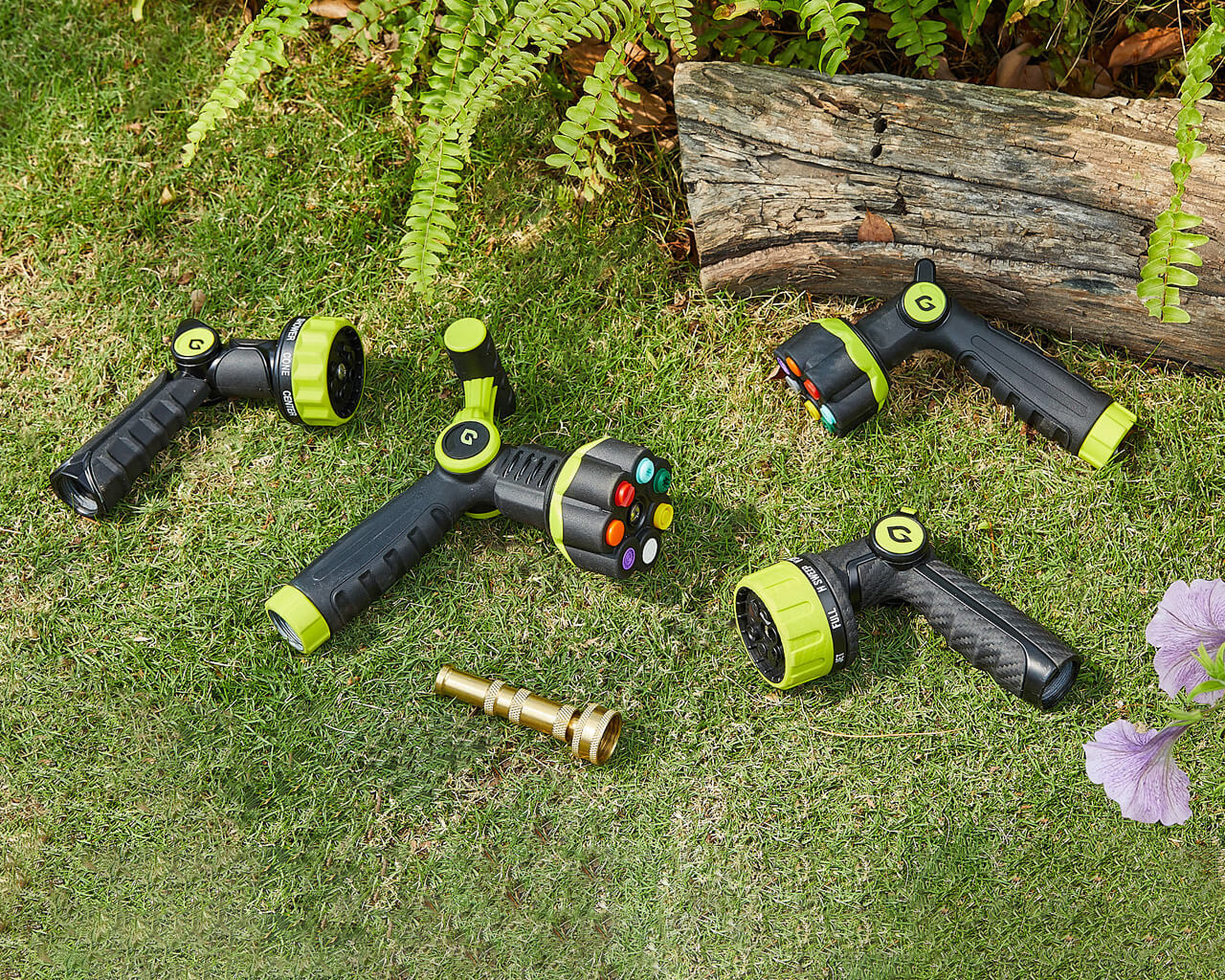
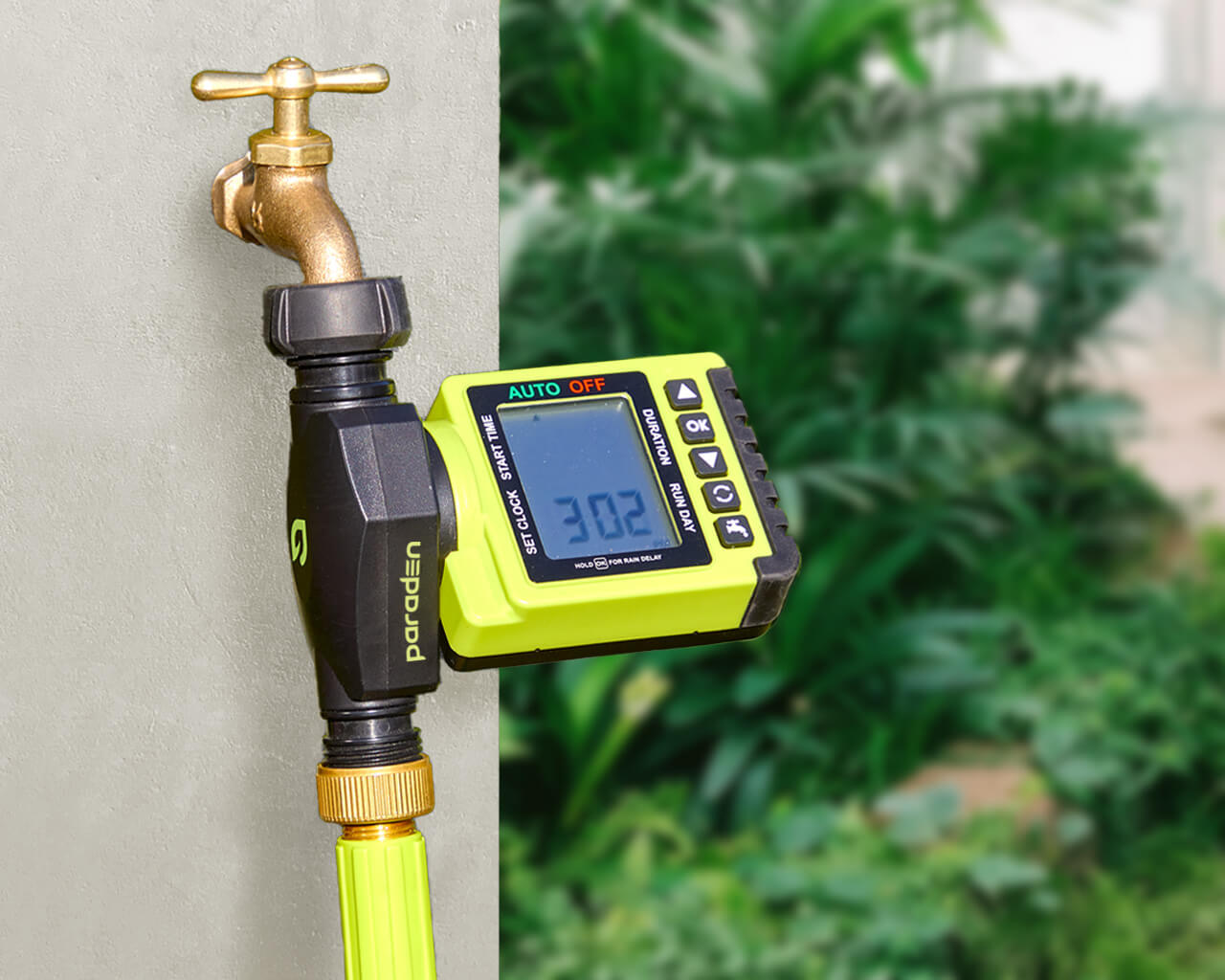
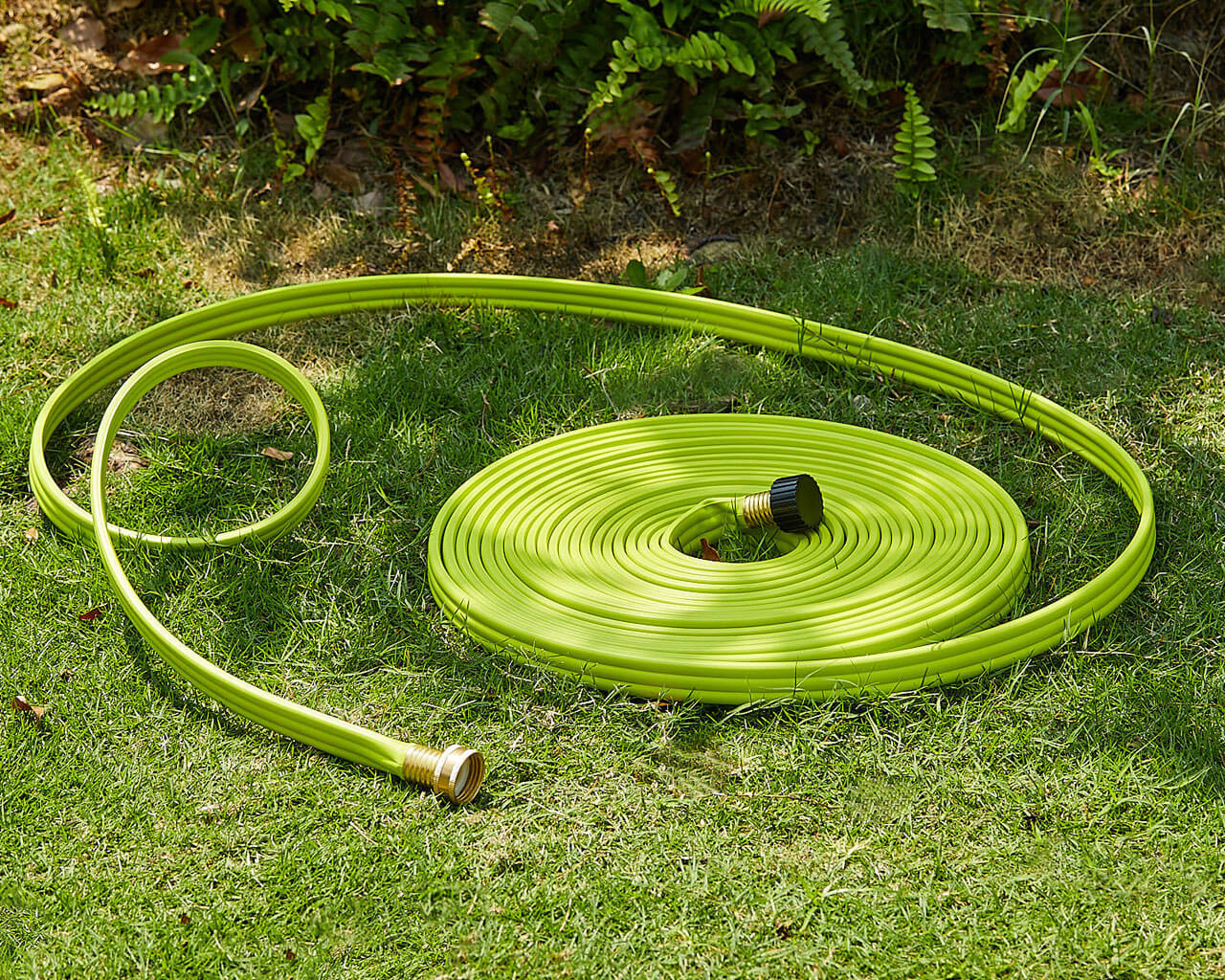
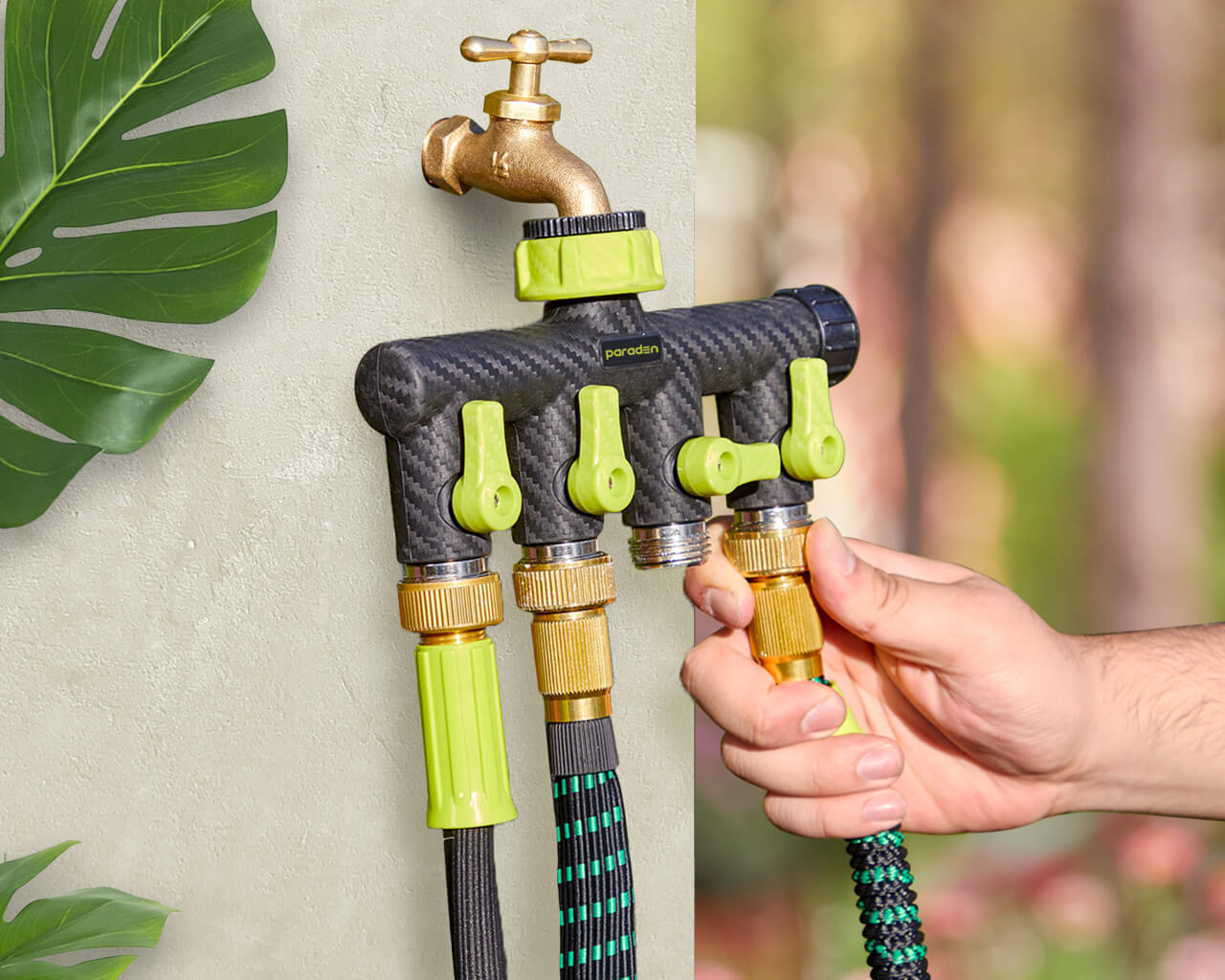
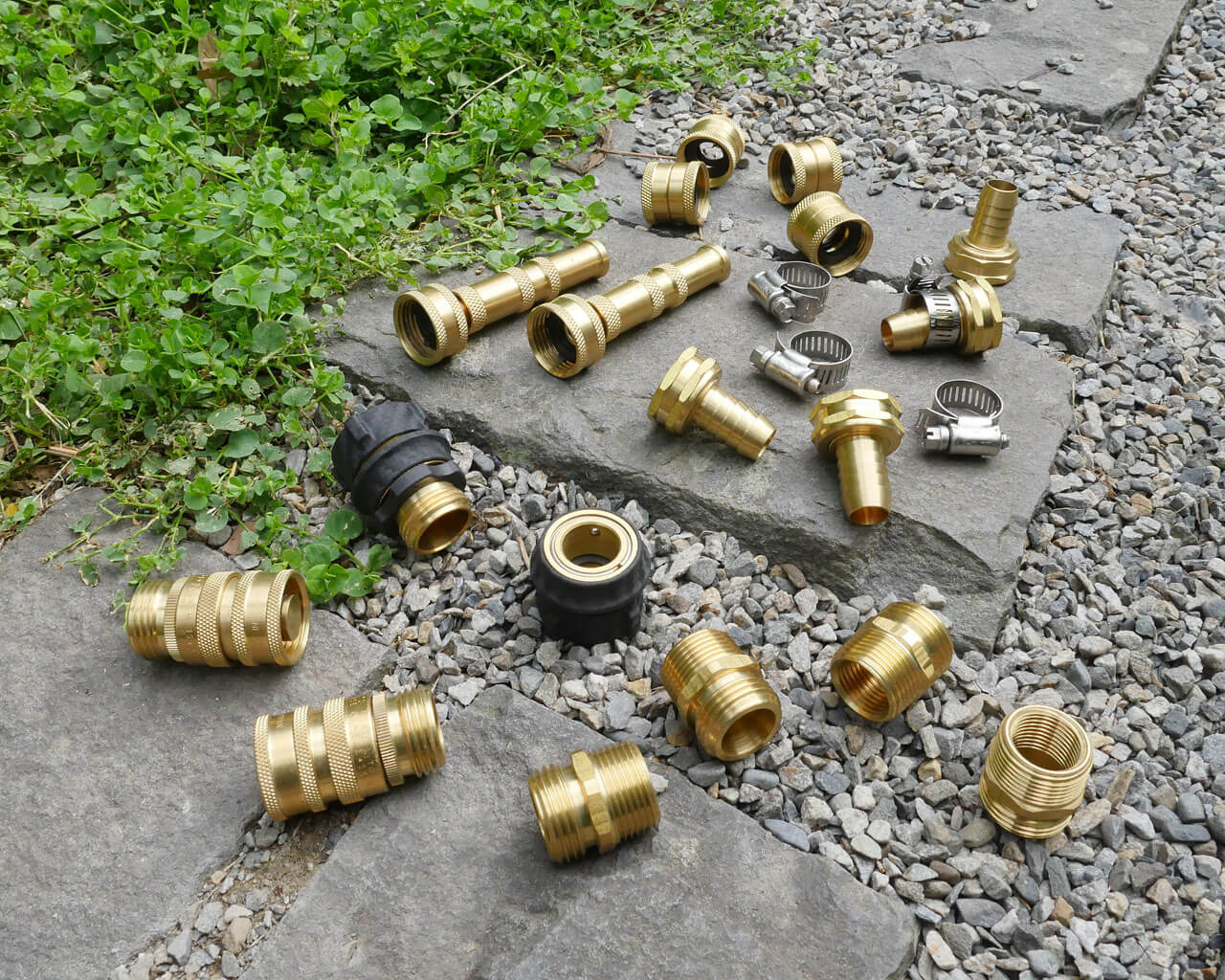
Leave a comment